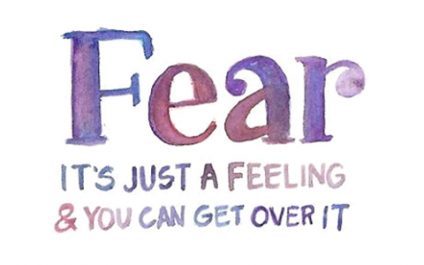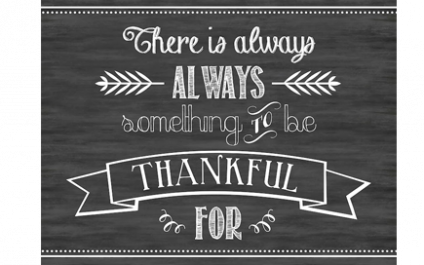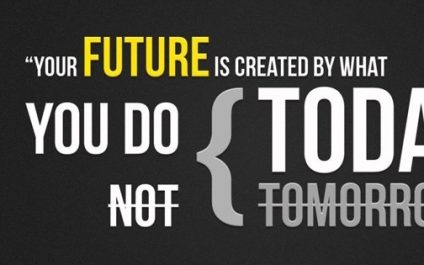Ready or not…here come the holidays; celebrations with friends and loved ones. Managing one’s time, emotions and nutrition can be challenging through the holidays though not impossible. A moment spent reviewing these suggestions might bring some peace to your holiday season.
5 SUGGESTIONS TO MAINTAIN BALANCE THROUGH THE HOLIDAYS
8 TIPS FOR MEAL AND DIGESTION HEALTH
4 Reasons Why Breakfast is Important
ARE YOU PLANNING FOR YOUR FUTURE? 4 POTENTIAL HEALTH CONCERNS AND ED.
9 REAL OUTCOMES OF A DIET
4 WAYS TO MOVE FEAR FOODS INTO THE FREEZONE

Challenging fear foods can be a very hard task. Moving foods into the free zone is not only important for variety in the diet, but it is also helpful as you move forward in recovery. Here are some tips for challenging fear foods:
MAKE A LIST. Make a list of fear foods, ranking them from least scary to most scary.
FAMILY MEALS: 8 WAY TO MAKE THE MOST OUT OF FAMILY MEALTIME AND WHY IT MATTERS
Teens are 35% less likely to develop and eating disorder if there is a shared family meal at least 5 times a week. Family meals have been shown to reduce stress, increase children's food choices, decrease use of drugs, alcohol and other substance use in adolescents and improve grades.
5 TIPS FOR SETTING AND OBTAINING GOALS

Part of moving forward in life is setting goals. Many people’s goals include nutrition goals. It could be to eat in a more “healthy” way, start exercising, or increasing variety in your diet. Goals are different and individualized from person to person, but how can you set goals, manage them, and succeed?
10 POWER AFFIRMATIONS, UNDERSTANDING HOW THEY HELP
Eating disorders have deep roots within your thought process and will require significant effort to loosen and release. Repeating affirmations, especially specific to your need and situation, can replace old, sick thoughts, with new, positive ideas. Here is just a sampling of affirmations, I think they help.
READY TO TAKE YOUR RECOVERY TO A NEW LEVEL? 6 TIPS TO EXPOSE “SUBTLE ED”
Restricting, binge eating and purging name only a few of the many obvious eating disorder behaviors. Subtle ED comes in the form of rules and guidelines that may be innocently referred to as “diet mentality”. Diet mentality for those working in recovery may be overlooked, all the while, subtly fueling the eating disordered thoughts. The following examples have been shared with me through my clients who have been able to dig even deeper into honest and thorough recovery. Challenging subtle ED requires an increased awareness and conquering them can be very empowering. I hope it helps.





